Book Review: The Love That Split the World

In the past couple of years, I've gotten way more picky about what I read. There was a time where if I picked up a book, I had to know how it ended, even if it was objectively not very good. These days, I'll go to the library, pick out 4 or 5 books to bring home, and maybe finish 2 of them.
What I'm trying to say is that it takes a lot of make me fall in love with a book, and it's been a while since I've fallen as hard and as fast as I did with The Love That Split the World.
The Love That Split the World, by Emily Henry, is the story of Natalie, a young woman who has, throughout her life, been plagued by visions of "others," as she calls them - strange orbs that pursue her, odd and unsettling figures that loom over her bed at night, and a kindly older woman who is a consistent source of wisdom and advice, whom she calls Grandmother. However, the visions take on a new dimension when Grandmother warns her that she has only 3 months to save someone, and she begins to see alternate versions of her world, including one that contains a troubled, but kind and handsome, boy named Beau.
One of the reasons that I loved the book was Natalie. She's an adoptee of Native American descent, and while she's very close with her adopted family, she also harbors deep uncertainties about who she is and what she wants from her life. Something about her really resonated with me - her intelligence, her humour, her kindness, but also her fear and self doubt. I think that most of us probably had some kind of an identity crisis at 17 or 18 (her age in the book), and most of us aren't trying to bridge the gap between the ethnicity that we're born into and the one that we're raised in, or moving to a different part of the country and leaving everything and everyone we've ever known behind, or seeing visions of alternate universes. She felt real to me in a way most characters in books don't quite manage.
I also felt like the relationships that Natalie had with the other characters were beautifully written - not just the central romance with Beau, which was slow and sweet and heady, the way that love is when you're young, but also her complicated friendships, the way that she communicated with her parents, the fraught connection she still had with her ex-boyfriend. I don't want to say too much more, since I don't want to spoil anything, but one of my favorite relationships in the book was her friendship with a girl named Rachel. While their loyalties, backgrounds, and goals were often in conflict, there was also an abiding love there, which lent an extra dimension to their moments of connection.
The book is a rather slow read - maybe too slow for some - but I felt like the pacing gave me a chance to really settle in with the characters. It was like getting to know fully realized people, while at the same time being drawn on by the central mystery of the book: what do Natalie's visions mean? Who is it that she's meant to save? Although the action is rather slight (I would describe this as a character-driven book, not a plot driven one), the way that it handled those questions was really engaging to me. I feel like I'm genre savvy enough that some books, even good ones, often feel kind of predictable, but I never really felt like I knew where things were going to go with this one. It was delightful to be surprised in that way, and it was one of the things that had me reading late into the night, wondering just how the story was going to resolve.
I've read some of the other reviews online, and I'm a bit surprised by some of them. As I said, I fell head over heels for the book, and I thought the depiction of Native American culture was thoughtful, well-researched, and not stereotypical, which can be a concern when a white author tackles a culture not their own. However, there was some furor online about how the book talks about the Indian Child Welfare Act, a law in the United States which was meant to keep Native children from being adopted out to white families against their parent's wishes. The law was enacted in response to a pretty horrific practice in the US of taking Native children from their communities and placing them with white families, which in effect basically destroyed Native American cultures. Some critics have said that Henry seems to view it as something to be circumvented, rather than a necessary law for the protection of a persecuted people. I understand the criticism, but I think that the book actually addresses it in a fair, constructive manner, acknowledging the difficulties of life on a reservation while still respecting Natalie's culture and desire to know her own people.
Anyway, if you're looking for a book to read this summer that's filled with the bittersweet yearning of young love, thoughtful character moments, and a mystery will draw you in from the first page to the last, I enthusiastically recommend The Love That Split the World.
The Love That Splits the World was recently optioned by Lionsgate, the studio that also released the Twilight and Hunger Games movies. If I hear any other news about a possible film adaptation, I'll be sure to post an update.

